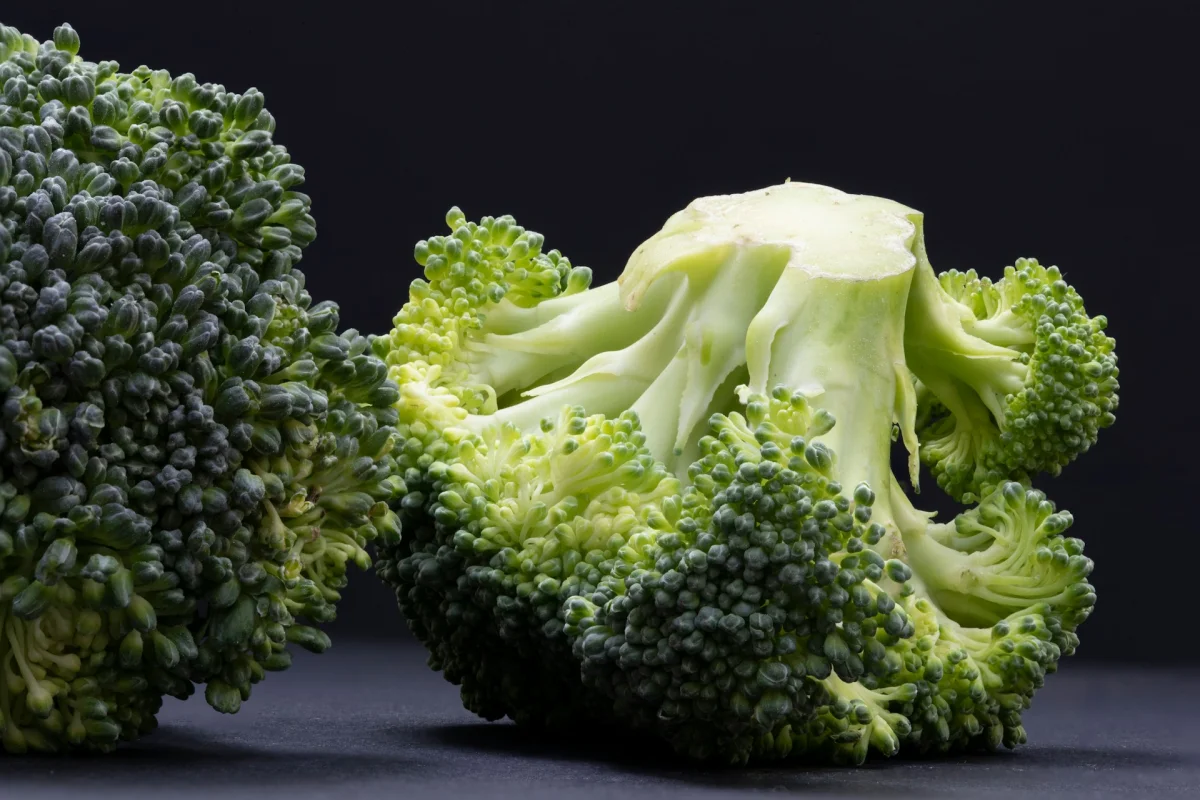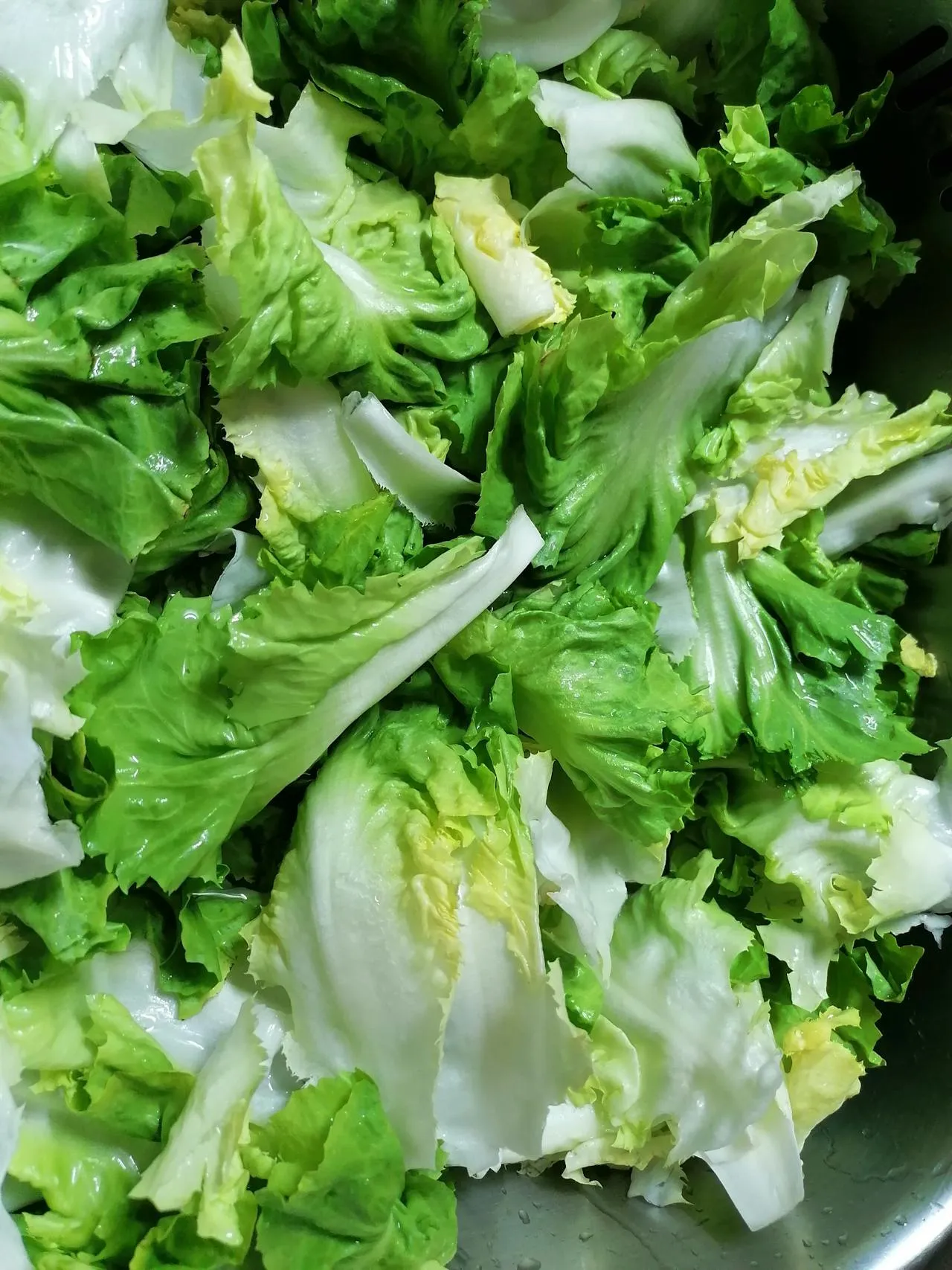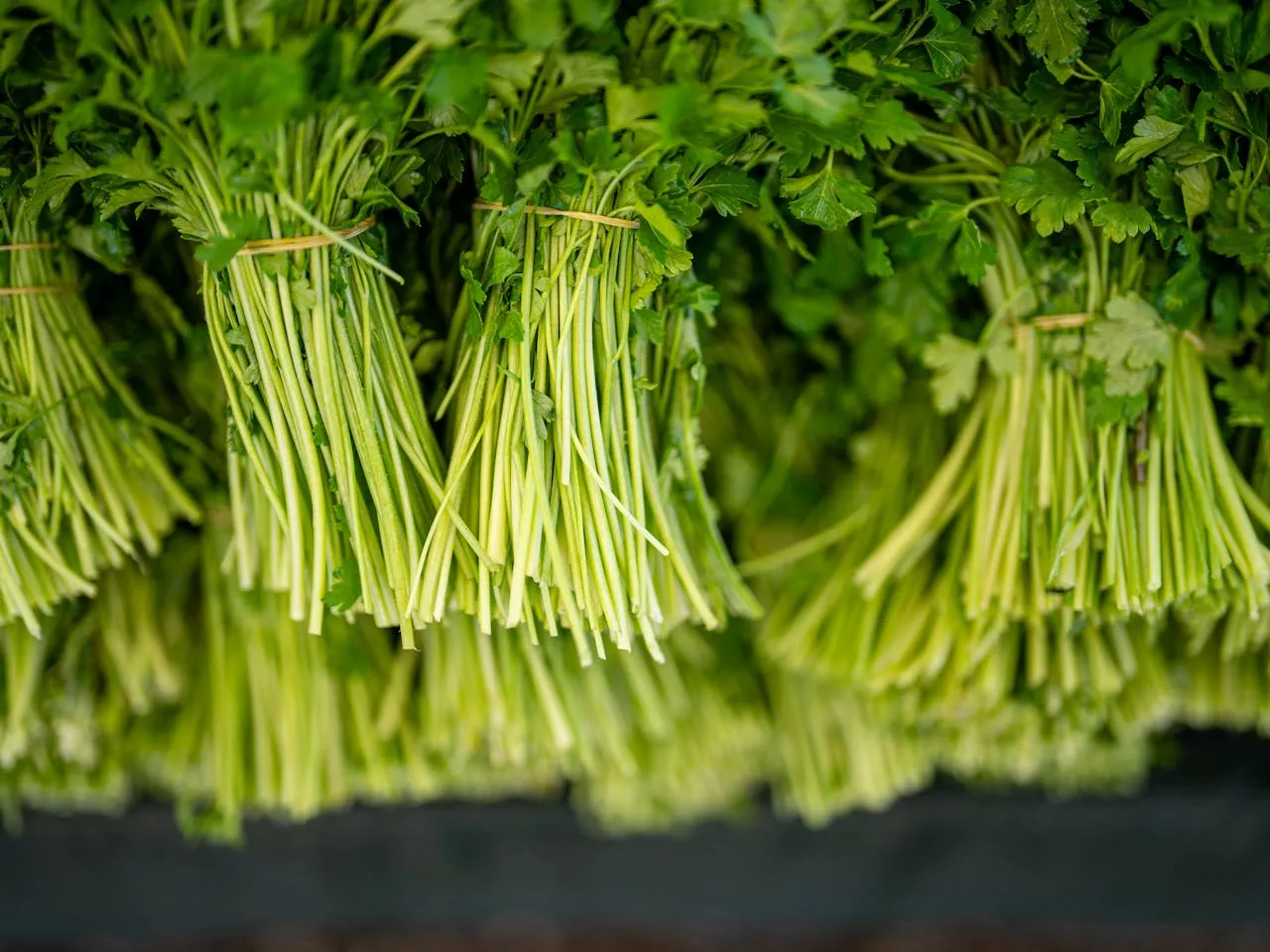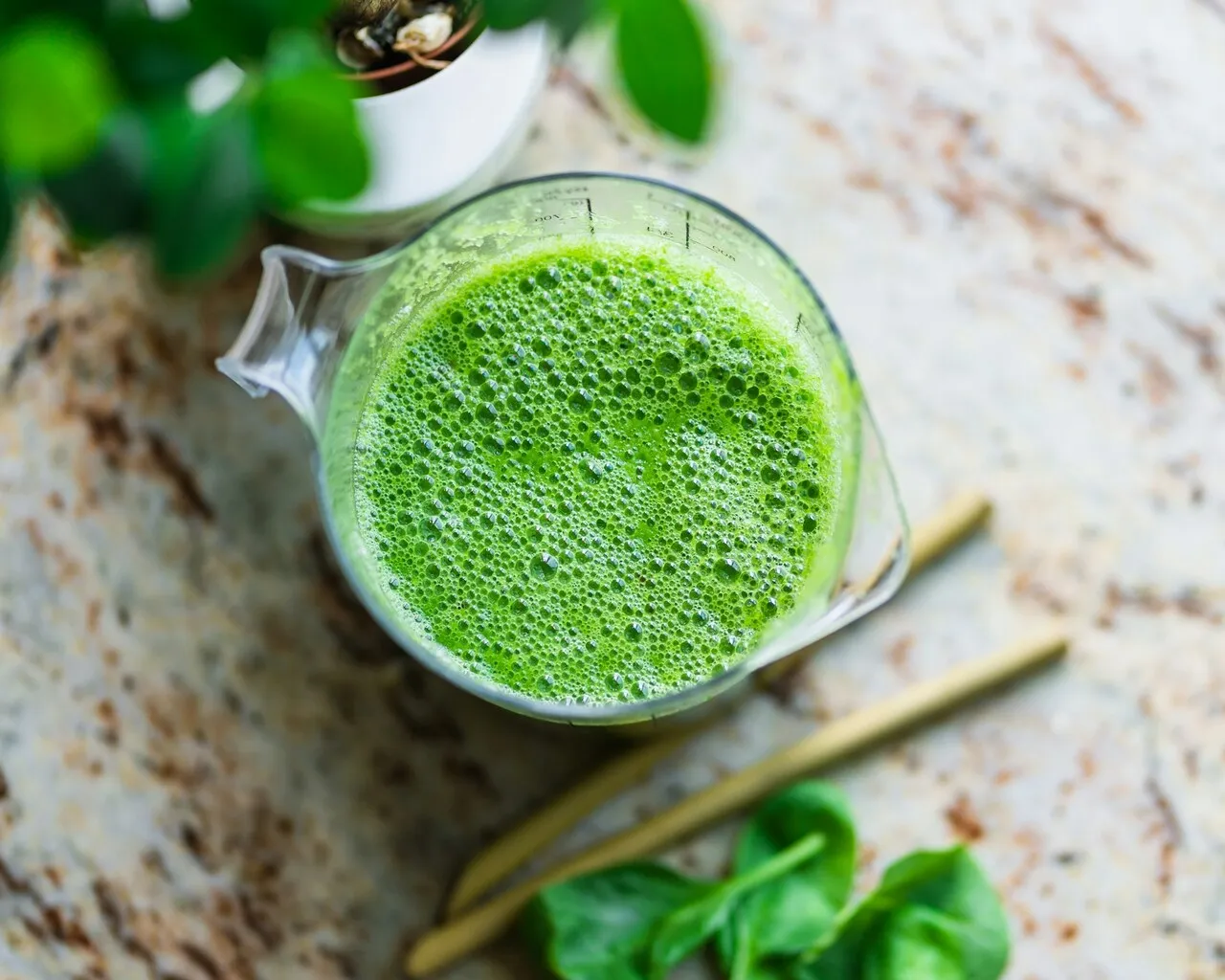 Tuesday, April 1, 2025
Tuesday, April 1, 2025Green Gold: Why Leafy Greens Are Essential for Athletes
Leafy greens and other green plants are much more than mere side dishes – they are recognized superfoods for athletes. Whether it involves muscle building, recovery, or general health – an adequate amount of greens in the diet can make a significant difference. In this blog, you will learn why green foods are essential for your athletic performance, which varieties are particularly valuable, and how to optimally integrate them into your diet.

The Power of Micronutrients: Why Greens Matter
Green plants are true nutrient powerhouses, providing essential micronutrients that play a central role for athletes:
- Magnesium: Promotes muscle relaxation and supports energy production in the mitochondria.
- Iron: Important for oxygen transport in the blood and essential for endurance performance.
- Potassium: Regulates fluid balance and reduces the risk of muscle cramps.
- Vitamin K: Strengthens bone health and supports blood coagulation.
- Folic Acid: Contributes to cell regeneration and muscle recovery.
Anyone engaged in athletic activities requires many of these nutrients. A deficiency can lead to decreased performance, longer recovery times, and a weakened immune system.

Antioxidants: The Secret Weapon for Faster Recovery
Intensive training increases the production of free radicals in the body, which can cause oxidative stress. This can lead to inflammation, cell damage, and longer recovery times. Green plants contain a variety of antioxidants that counteract this process:
- Chlorophyll: A natural detoxifier that supports cellular health.
- Beta-Carotene: Provides anti-inflammatory properties and protects the skin and eyes.
- Polyphenols: Plant compounds that strengthen the immune system and accelerate the recovery process.

The Best Green Foods for Athletes
Not all green foods are equally beneficial. The following varieties are particularly nutrient-dense and should be consumed regularly:
| Plant | Key Nutrients | Benefits for Athletes |
|---|---|---|
| Spinach | Iron, Magnesium, Vitamin K | Promotes recovery and oxygen transport |
| Kale | Vitamin C, Calcium, Antioxidants | Strengthens the immune system, supports bones |
| Broccoli | Vitamin C, Potassium, Polyphenols | Provides anti-inflammatory effects, strengthens muscle function |
| Parsley | Vitamin K, Folic Acid, Iron | Promotes recovery and blood production |
| Arugula | Nitrates, Vitamin C, Calcium | May enhance circulation and performance |
| Algae (e.g., Spirulina) | Protein, Omega-3 Fatty Acids, Antioxidants | Supports muscle recovery and cognitive functions |

Incorporating Green Foods into Daily Life: Practical Tips
The best nutrients are of no use if they do not regularly make it to the plate. Here are some easy ways to include more greens in your diet:
- Smoothies: Blend a handful of spinach, kale, or parsley with fruit and protein – ideal for a nutrient-rich meal.
- Salads: Combine leafy greens with nuts, seeds, and protein-rich ingredients like chicken or fish.
- Soups & Stews: Use broccoli, spinach, or kale as a base for nutritious soups.
- Omelettes & Scrambled Eggs: Stir in fresh herbs or leafy greens for a nourishing breakfast.
- Steamed Vegetables: Add green side dishes like broccoli or zucchini to every meal.
- Pesto & Dips: Homemade pesto from basil or parsley can enrich pasta or meat dishes in flavor and nutrients.

Why Athletes Should Embrace Greens
An athletic diet encompasses much more than just proteins and carbohydrates. Greens provide essential vitamins, minerals, and antioxidants that strengthen the immune system, accelerate recovery, and support performance. For those wishing to remain healthy and capable in the long run, incorporating an adequate serving of green foods into their daily menu is essential.


